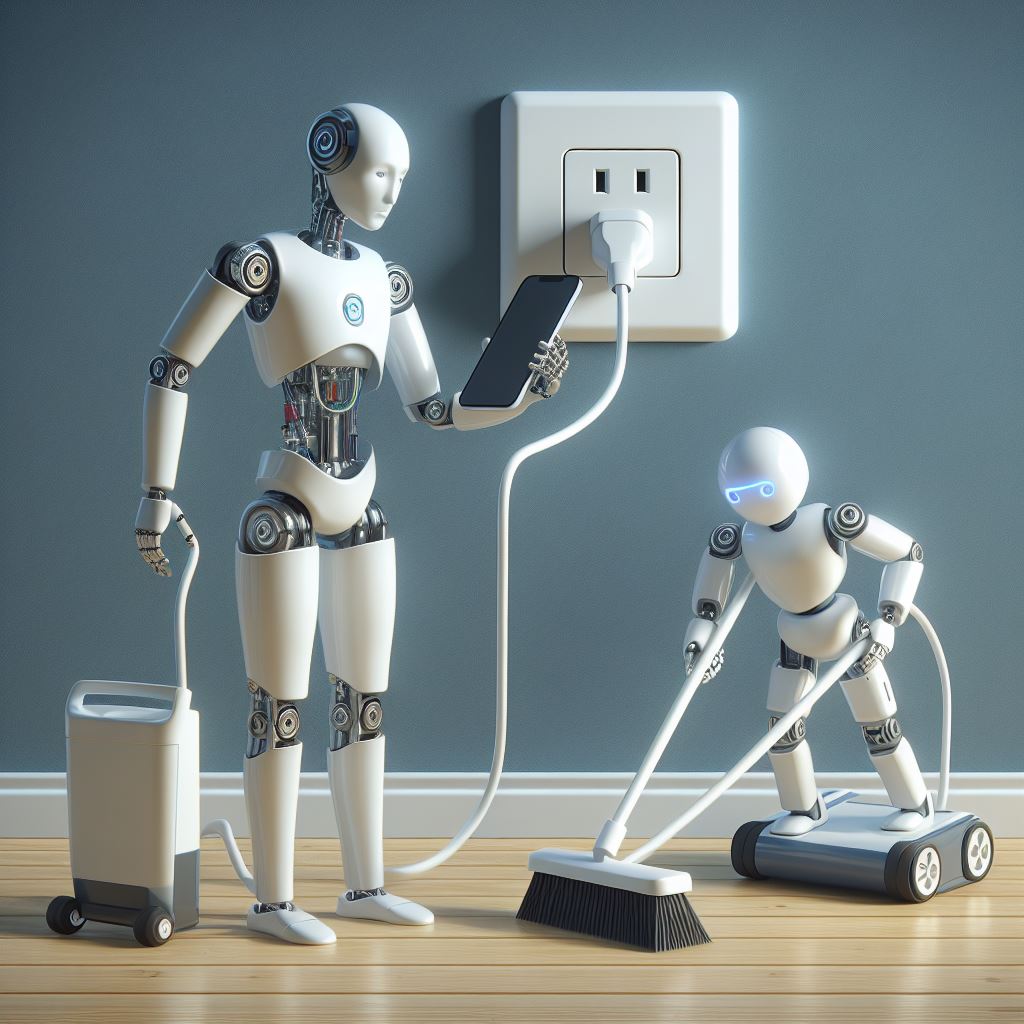In a notable development, OpenAI, with backing from Microsoft, is forging ahead with the creation of sophisticated software agents designed to streamline tasks on users’ devices. The initiative, revealed in a report by The Information, outlines plans for these agents to autonomously execute diverse functions, ranging from data gathering for companies to facilitating travel arrangements. This advancement signifies a significant stride towards augmenting device capabilities through intelligent automation.
OpenAI’s endeavor – Advancing device automation
OpenAI’s pursuit of developing software agents represents a pivotal step in the realm of device automation. The endeavor, supported by tech giant Microsoft, underscores a concerted effort to empower users with tools that can handle intricate tasks independently. According to insights from The Information, the software agents, colloquially referred to as “agents,” are tailored to manage web-based activities proficiently. These tasks encompass a wide spectrum, including but not limited to compiling public data concerning specific companies and orchestrating travel logistics such as flight bookings and itinerary creation.
As OpenAI’s research and development efforts progress, the scope of tasks that these software agents can tackle is expected to expand further. By continuously refining algorithms and incorporating feedback mechanisms, the aim is to enhance the agents’ adaptability and efficacy across various domains. Also, OpenAI envisions a collaborative ecosystem where these agents seamlessly integrate with existing software platforms, offering users a cohesive and intuitive experience in task automation.
Promise of enhanced efficiency
The emergence of these software agents heralds a new era in task automation, promising heightened efficiency and convenience for users across various domains. By leveraging advanced algorithms and machine learning capabilities, the agents aim to execute tasks with a level of autonomy previously unseen. This capability holds significant implications for both personal and professional spheres, where time-sensitive and complex tasks often demand meticulous attention. With the advent of OpenAI’s software agents, users can potentially offload routine and labor-intensive activities, allowing them to focus on higher-value endeavors.
Also, the potential impact of OpenAI’s software agents extends beyond individual productivity gains, with implications for organizational efficiency and innovation. By automating repetitive and resource-intensive tasks, businesses can redirect human capital towards strategic initiatives and creative endeavors. This shift not only streamlines operations but also fosters a culture of innovation, where employees are empowered to explore new ideas and drive organizational growth.
As OpenAI continues to push boundaries in software development, the emergence of these intelligent agents sparks intrigue regarding the future of device automation. Will this advancement pave the way for a seamless integration of AI-driven assistants into daily workflows, revolutionizing how tasks are executed and managed? The potential implications are vast, ranging from increased productivity to novel opportunities for innovation. As the technology evolves, one question looms large: How will society adapt to the era of intelligent device automation driven by initiatives such as OpenAI’s innovative endeavors?






